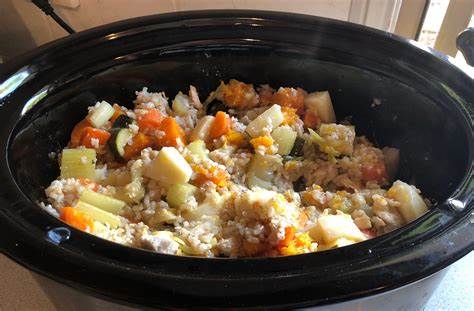It may be more enticing to feed your dog a meal that resembles what you eat than giving it commercial dog food. But it is crucial to keep in mind that a dog’s dietary requirements differ from your own. If you want to ensure good health for your furry baby, make sure you fulfil their daily nutritional needs.
You cannot just feed your dog a meal that is regarded as nutritious for human consumption. Making your own dog food is a choice that should be taken after careful thought and after consulting your veterinarian about your dog’s current health and long-term wellness objectives.
Here are some vital things that you must include in homemade dog food for the health of your four-legged baby.
1. Calcium
A source of calcium should be included in every recipe you use. Some rich sources of calcium are bones, bone meal, dairy products and vegetables like spinach, beans and broccoli. You can also consider a supplement like calcium carbonate. Long-term calcium deficiency can result in bone calcium loss and eventually heart and muscle problems that can even lead to heart failure and convulsions in serious cases.
2. Iron
If you are providing a diet made up only of chicken, without any additional supplements, this is another vitamin you need to pay attention to. Spleen, heart, kidney, ruminant (beef) liver and green vegetables often contain greater levels of iron. Recipes that just call for chicken livers or don’t include any additional green vegetables are typically lacking in this nutrient. Anemia, fatigue, shortness of breath, and an intolerance to physical activity can all result from iron deficiency.
3. Folate
Always check for supplements and greens while choosing homemade dog food recipes. One of the vitamins that might be missing in many recipes that primarily use meat-based ingredients is folate. The best sources of folate are green vegetables, such as broccoli, asparagus, mustard greens and turnip greens. Organ meats also contain high quantities of folate. Folate deficiency can result in impact DNA synthesis and red blood cell development, which can lead to anemia.
4. Potassium
Potassium is a big worry if you find a recipe that exclusively meat-based. Wolves in the wild get their potassium from the animal’s blood or its digestive contents. Potassium deficiency can result in heart palpitations, muscular weakness, fatigue, nausea, cramping, bloating, and other unpleasant symptoms. Bananas, pumpkin, spinach and carrots are good sources of potassium.
5. Zinc
It might be challenging to get enough zinc in your dog’s diet because organ meats (such as liver, kidney or heart) do not contain enough of this mineral. The symptoms of zinc deficiency include loose stools, nausea and reduced appetite. Additionally, it might result in skin problems, including slow wound healing, persistent skin infections, and a thin, brittle coat. Significant zinc deficiency can result in blindness, cardiac difficulties, and visual impairment. Fresh meat, seafood, vegetables, dairy products and whole grains are good sources of zinc.
Ensure healthy nutrition for your puppy by referring to a puppy food chart. The easiest way to ensure that all their daily nutrient needs are met is to choose dog food that contains carefully chosen ingredients to maintain the health of your four-legged best friend.

